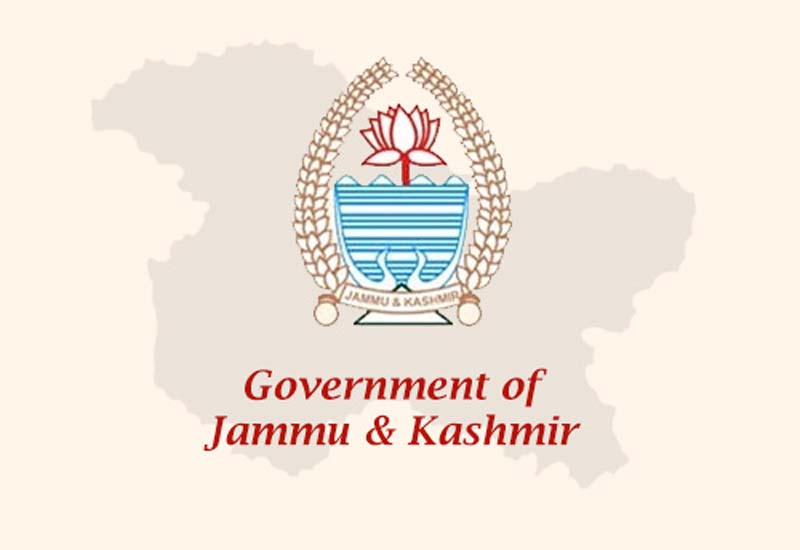Delay in appointment of Members creating hurdles
Statute book remains flooded with obsolete laws
Mohinder Verma
JAMMU, May 7: Due to absolute non-serious approach of the Government, the Jammu and Kashmir Law Commission has failed to start acting on its mandate even four months after the appointment of Chairperson as a result of which the statute book has remained flooded with obsolete laws and enactments.
Actually, the State Law Commission was established in pursuance to the Cabinet Decision No.107/9/2017 dated July 28, 2017 and vide Government Order No.3379-LD(A) dated August 4, 2017. It was mentioned in the order that Commission shall comprise of full-time Chairperson, two full-time Members, two part-time Members and Secretary of the Department of Law, Justice and Parliamentary Affairs.
Even 28 posts including those of Chairperson and Members besides supporting staff were created at that time so as to facilitate smooth functioning of this vital Commission. However, the appointment of Chairperson was delayed by the then Government for unknown reasons.
It was only after the imposition of Governor’s Rule that discussion was started to make the Law Commission functional and finally the State Administrative Council headed by Governor Satya Pal Malik vide Decision No.4/1/2019 dated January 4, 2019 cleared the name of Justice (retd) M K Hanjura for the post of Chairperson of the State Law Commission.
Accordingly, the Department of Law, Justice and Parliamentary Affairs issued appointment order of Justice (retd) M K Hanjura as Chairperson of the Law Commission with the mention that the terms and conditions of the Chairperson shall be governed by the Government Order No.3379-LD (A) dated August 4, 2017.
However, even over one and half year of its establishment and four months after the appointment of its Chairperson, the State Law Commission has failed to start acting on its mandate, official sources told EXCELSIOR while holding Government responsible for the same.
“For wide discussion before arriving at any conclusion vis-a-vis review/repeal of the obsolete laws, examination of existing laws for modifications and forwarding necessary recommendations to the Government for making the statute book up-to-the-date the Chairperson needs the complete assistance of at least two full time Members”, sources said.
“If the Chairperson single-handedly makes some recommendations that would be against the spirit of keeping the provision of having two full-time Members in the Commission and may raise eyebrows from certain quarters”, they further said, adding “despite being aware of all these aspects the Government has yet not appointed two full-time Members, which otherwise should have been done at the time of appointment of the Chairperson”.
Had full-time Members been appointed along with the Chairperson the Law Commission would have started working on its mandate during the past four months, sources said, adding due to the prevailing situation the statute book has remained flooded with obsolete laws and enactments or parts thereof.
It is pertinent to mention here that a person, who is or has been a District and Sessions Judge, an officer who has served as Special Secretary to Government having sufficient experience and knowledge of law, a person who is or has served as a Professor in Department of Law in any University recognized by law in the State and a person who has served as a member of the State Legislature and have sufficient knowledge and experience in legal matters are eligible to be the full-time Member of the Commission.
Likewise, a person who is or has served as Professor in the Department of Law in any University recognized by the law in the State is eligible to be part-time Member of the Commission. The part-time Members too have an important role to play in smooth functioning of the Law Commission.
The mandate of the Law Commission is to identify the State laws which are no longer needed or relevant and can be immediately repealed; identify laws which require changes or amendments and to make suggestions for such amendments; suggest suitable measures for quick redressal of citizens grievances in the field of law; examine the laws which affect the poor and carry out post-audit for socio-economic legislations; suggest measures for elimination of delays, speedy clearance of arrears and reduction in costs so as to secure quick and economical disposal of cases without affecting the cardinal principles that decisions should be just and fair.


